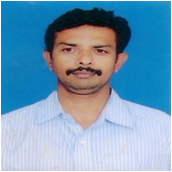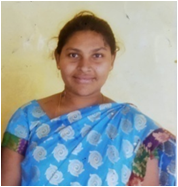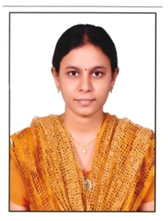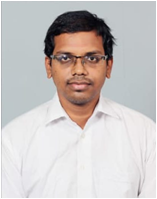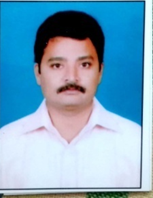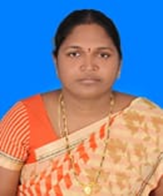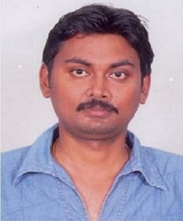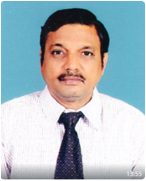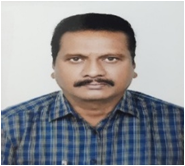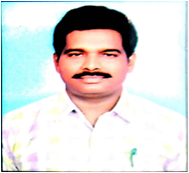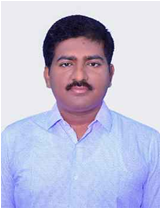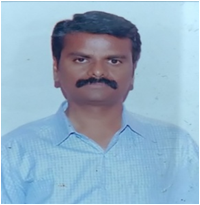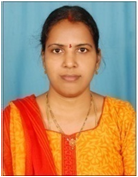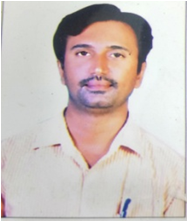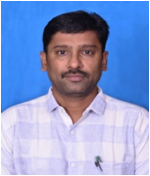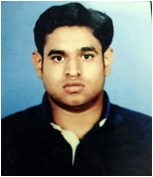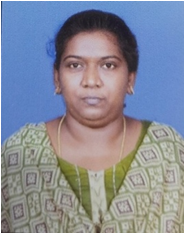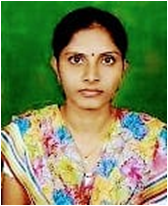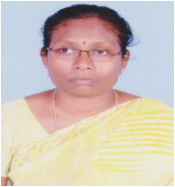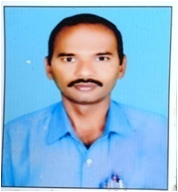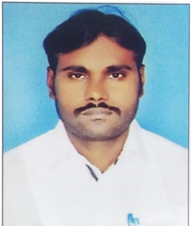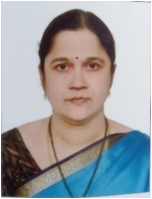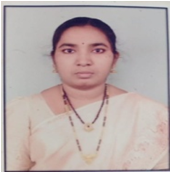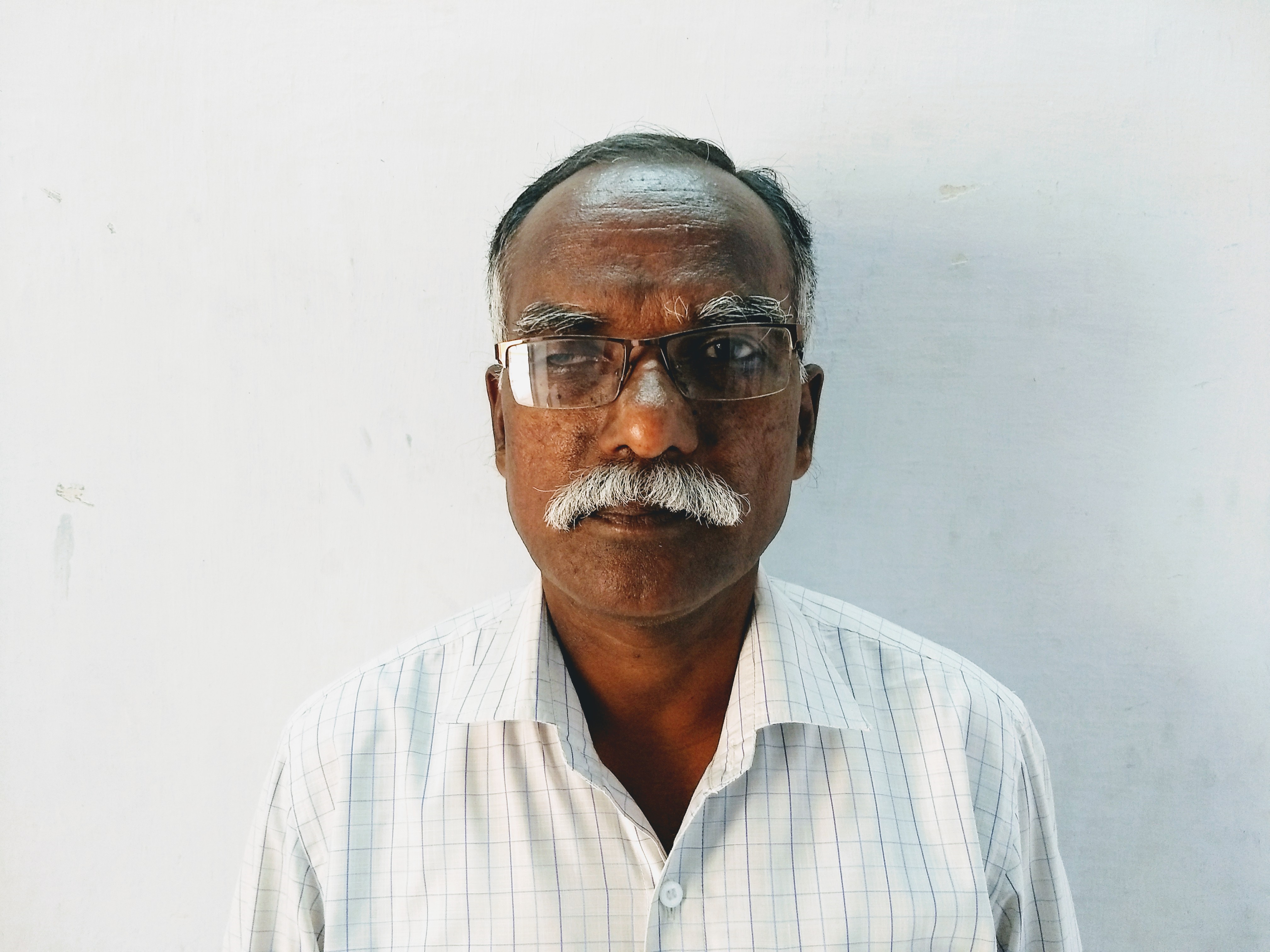Maddi Bala Tripura Sundaramma Government Polytechnic, GUNTUR
Vision of the Institute
Engineering the future of nation by providing high quality skill orientated education to the students with ample scope for all round development.
Mission of the Institute
- To implement holistic approach in curriculum and pedagogy through industry integrated interactions.
- To develop students with knowledge, attitude, skills of employability and entrepreneurship by providing outcome based education.
- To continually improve quality of education by imparting value based teaching learning practices and by enriching faculty members with on demand training.

Departments
VISION:
To Develop Civil Engineering professionals competent to face the global challenges in a progressive environment conducive to learn technical knowledge, skills blended with ethics and values, to serve the society and to better it for a happy and comfortable living.
MISSION:
|
M1 |
To provide a competitive learning environment, through a need based curriculum designed in collaboration with industry, conducive for high quality education emphasising on transfer of knowledge and skill development essential for the profession and the society as well. |
|
M2 |
To nurture higher order leadership qualities and ethics and values in students to enable them to be leaders in their chosen professions while maintaining the highest level of ethics. |
|
M3 |
To encourage the spirit of inquisition to promote innovation and entrepreneurship strengthened with life skills to sustain the stress. |
|
M4 |
To foster effective interactions and networking with all the stake holders so as to work towards the growth and sustainability of the society and environment. |
VISION of the Computer Engineering Department
Develop Computer Engineers to be technologically adept, innovative, self- motivated and responsible citizen with human values, high level quality skills and to contribute significantly towards ever changing Computer Technologies.
MISSION of the Computer Engineering Department
M1. To provide opportunity to Diploma students who are capable of playing pivotal role in wide aspects of modern Computer Engineering.
M2. To make the students understand basic concepts underlie in Computer Engineering and able to apply them creatively in different fields of Engineering
M3. To train the student sensitive to the Environment, safety and economic context.
M4. To produce technically skilled students through intensive training in Computer Engineering tools and application and to prepare the students for professional career and further research.
PROGRAMME EDUCATIONAL OBJECTIVIES(PEOs)
|
PEO1 |
To produce best Diploma in Computer Engineering technicians by correlating growing need of the industries in modern topics with the academic input and giving the technical knowledge for further learning. |
|
PEO2 |
To prepare the students as productive Computer Engineers, possessing supportive and leadership skills in multidisciplinary domains, expertise in Practical orientation, Communication Skills and latest developments. |
|
PEO3 |
To give the depth of related skills and expertise in a single field, and the ability to collaborate with other disciplines and work at the Supervisory cadre. |
|
PEO4 |
To promote the students in professionalism, by successful completion of the Diploma in Computer Engineering by emphasizing Field Practices in industry oriented activities. |
|
PEO5 |
To sensitize the students on social and economic commitment and to inculcate a nature to guard the values of community and protect environment. |
PROGRAM OUTCOMES (POs)
|
Students completing Diploma in Computer Engineering are anticipated to have the following abilities |
|
|
PO1 |
Basic and Discipline specific knowledge: Apply knowledge of basic mathematics, science and engineering fundamentals and engineering specialization to solve the engineering problems. |
|
PO2 |
Problem analysis: Identify and analyse well-defined engineering problems using codified standard methods. |
|
PO3 |
Design/ development of solutions: Design solutions for well-defined technical problems and assist with the design of systems components or processes to meet specified needs. |
|
PO4 |
Engineering Tools, Experimentation and Testing: Apply modern engineering tools and appropriate technique to conduct standard tests and measurements. |
|
PO5 |
Engineering practices for society, sustainability and environment: Apply appropriate technology in context of society, sustainability, environment and ethical practices. |
|
PO6 |
Project Management: Use engineering management principles individually, as a team member or a leader to manage projects and effectively communicate about well- defined engineering activities. |
|
PO7 |
Life-long learning: Ability to analyse individual needs and engage in updating in the context of technological changes. |
PROGRAMME SPECIFIC OUTCOMES (PSOs)
|
PSO1 |
Foundation of Computer System: Ability to understand the principles and working of computer systems and can assess the hardware and software aspects of computer systems. |
|
PSO2 |
Foundations of Software development: Ability to understand the structure and development methodologies of software systems. Possess professional skills and knowledge of software design process. Familiarity and practical competence with abroad range of programming language and open source platforms. |
|
PSO3 |
Foundation of mathematical concepts: Ability to apply mathematical methodologies to solve computation task, model real world problem using appropriate data structure and suitable algorithm, methodologies in developing computer related problem solutions as well as apply them in establishing new firms in small scale with the help of experience gained as part of industrial training. |
|
Vision of the Department |
|
Develop Electronics and Communication Engineering professionals competent to face the global challenges in a progressive environment conducive to learn technical knowledge, skills blended with ethics and values, to serve the society and to better it for a happy and comfortable living. |
Mission of the Department |
|
M1 |
To make the students understand basic concepts in Electronics & Communication Engineering and able to apply them creativly in different fields of engineering. |
M2 |
To produce technically skilled students through intensive training in Electronics & Communication Engineering tools and applications and to prepare the students for professional career and further research. |
M3 |
To inculcate the habit of lifelong learning for adapting to the rapidly changing of electronic technologies. |
M4 |
To train the student sensitive to the environment, safety and economic context |
VISION
To produce Technocrats in the field of Electrical and Electronics Engineering to meet industry requirements by imparting technical skills using modern e-learning facilities and equipment.
MISSION
M1.To provide quality technical education in the field of Electrical and Electronics Engineering using modern tools.
M2.To create competent and skilled Technicians who are well trained to face the challenges in Electrical and Electronics industries.
M3.To inculcate the habit of lifelong learning for adapting to the rapidly changing of Electrical and Electronics technologies.
Programme Educational Objectives (PEOs)
PEO1.To produce the best Electrical & Electronics Engineering technicians suitable for the middle management cadre in modern automated industries with globally competitive academic input.
PEO2.To prepare the students towards productive Work as Electrical Diploma Engineers with supportive and leadership skills. To expertise the student in Practical knowledge and Communication Skills.
PEO3.To inculcate the students with life-long self-learning abilities and to remain professionally effective to the society and environment.
PROGRAMME OUTCOMES(POs)
- Basic and discipline specific knowledge: Apply knowledge of basic mathematics, science and engineering fundamentals and engineering specialization to solve the engineering problems.
- Problem analysis: Identify and analyse well-defined engineering problems using standard methods
- Design/Development of solutions: Design solutions for well-defined technical problems and assist with the design of systems components or processes to meet specified needs
- Engineering tools, Experimentation and Testing: Apply modern engineering tools and appropriate technique to conduct standard tests and measurements.
- Engineering practices for society, sustainability and environment: Apply appropriate technology in context of society, sustainability, environment and ethical practices.
- Project Management: Use engineering management principles individually, as a team member or a leader to manage projects and effectively communicate about well defined engineering activities.
- Life-Long learning: Ability to analyse individual needs and engaging updating in the context of technological changes.
PROGRAMME SPECIFIC OUTCOMES (PSOs)
- An ability to understand the basic concepts of Electrical & Electronics Engineering and to apply them to various areas like Wiring Installations, Lighting Schemes , Static & Rotating machinery, drawing layouts , Power System ( Generation, Transmission, Distribution& utilisation), Digital electronics, power control devices, Computer programming ,managerial skills and the use SMART technologies .
- An ability to Repair, develop and trouble shooting of Various Electrical & Electronics equipment’s by using suitable tools and techniques, to design Customized applications in Electrical & Electronics Engineering at economic and efficient considerations, to develop software & hardware solutions.
- Wisdom of social and environmental awareness along with ethical responsibility to have a successful career and to sustain passion and zeal in the field of Electrical & Electronics Engineering for real-world applications in the field of Electronics using optimal resources as an Entrepreneur.
VISION of the Mechanical Engineering Department To emerge as excellent centre in the region to pursue Diploma in Mechanical Engineering by adopting latest techniques and practices in teaching and learning to transform novice into globally competitive professionals in the service and entrepreneur sector. MISSION of the Mechanical Engineering Department
- To provide the quality education in mechanical engineering
- By imparting technical skills by practical approach and industrial training.
- To improve the overall academic performance of the students and enhancing their placement potential.
- To develop the students for facing intellectual and ethical career challenges after graduation.
- To develop communication skills and team work in students.
- To motivate staff and students for creative thinking to enhance teaching â learning process.
- Involvement of staff in career guidance and counseling of students
